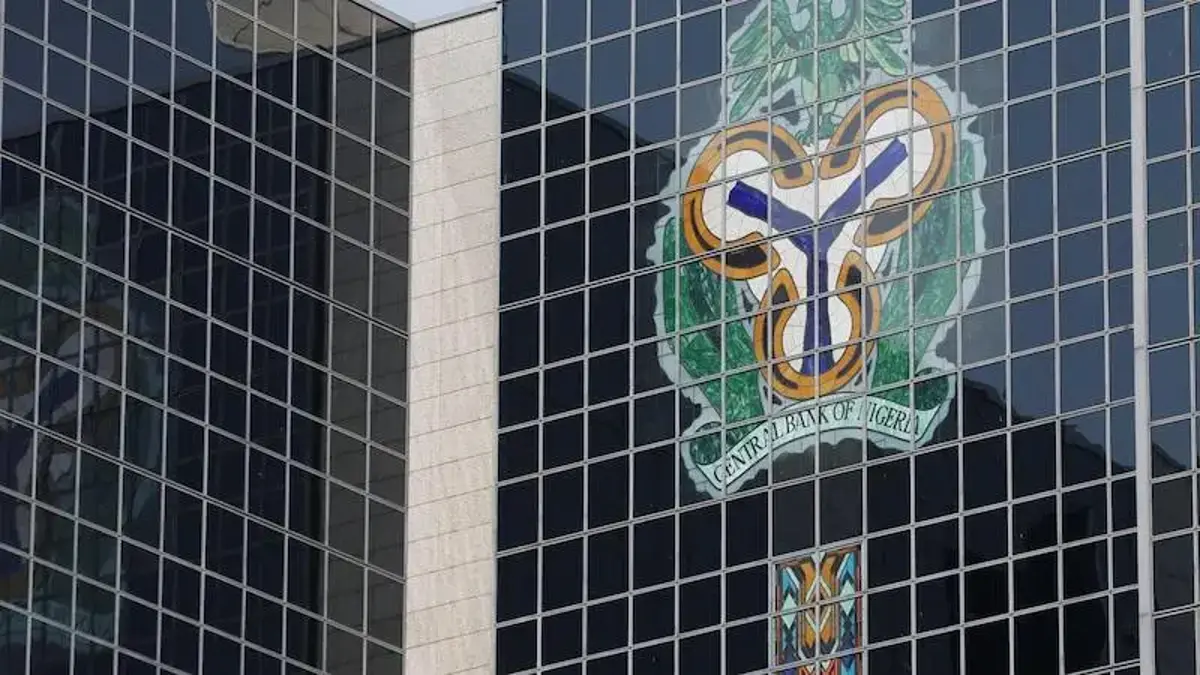
On Tuesday, the 22nd of November 2022, the Central Bank of Nigeria through its Monetary Policy Committee for the umpteenth time raised the Monetary Policy Rate (MPR). The CBN believes that previous increases were beginning to yield results and there was the need to keep tightening. Consequently, the MPR was hiked by 100 basis points from the previous 15.5% to 16.5% for the fourth consecutive time.
However, the Committee kept all other parameters constant (asymmetric corridor of +100/-700 basis points around the MPR, the CRR at 32.5% and the Liquidity Ratio at 30%).
The CBN believed that global inflationary pressure was quite high and there was a need to moderate the increasing inflationary concerns. Inflation, remains the key consideration for the persistent hike in MPR. Inflation further increased for the 9th consecutive month with headline inflation (year-on-year) rising to 21.09% in October 2022 from 20.77% in September 2022.
The CBN is of the opinion that given the expected uptick in money supply associated with the forthcoming December festive season and the subsequent heavy spending during the 2023 general elections, means a hold stance will halt the gains of the previous policy hikes. Furthermore, it noted that the option of loosening was not considered given the numerous headwinds the nation currently faces.
The bank in similar vein, unveiled the redesigned Naira notes that would be in circulation from December 2022. This is geared towards its effort to control the money supply in the economy, while curbing the rising cost of goods and services across the country.
Although the Central Bank is of the belief that raising rates will reduce money supply in the economy and control inflation. However some analysts are of the opinion that this decision could also slow down economic growth in the country. They are of the opinion that there is a possibility that the interest hike would have a negative effect on the country’s growth and of little impact in lowering inflation.
Therefore the question is: what happens if the hike is not enough to curb inflation? This leaves the country in a situation of stagflation as economic growth declines, while prices keep rising with wages and employment decreasing.
A higher interest rate tends to limit the money supply available for purchases, thereby raising the cost of borrowing for businesses and discouraging consumer and business spending. This could force corporate businesses to cut back on spending on new equipment, thus slowing production.








Leave A Comment